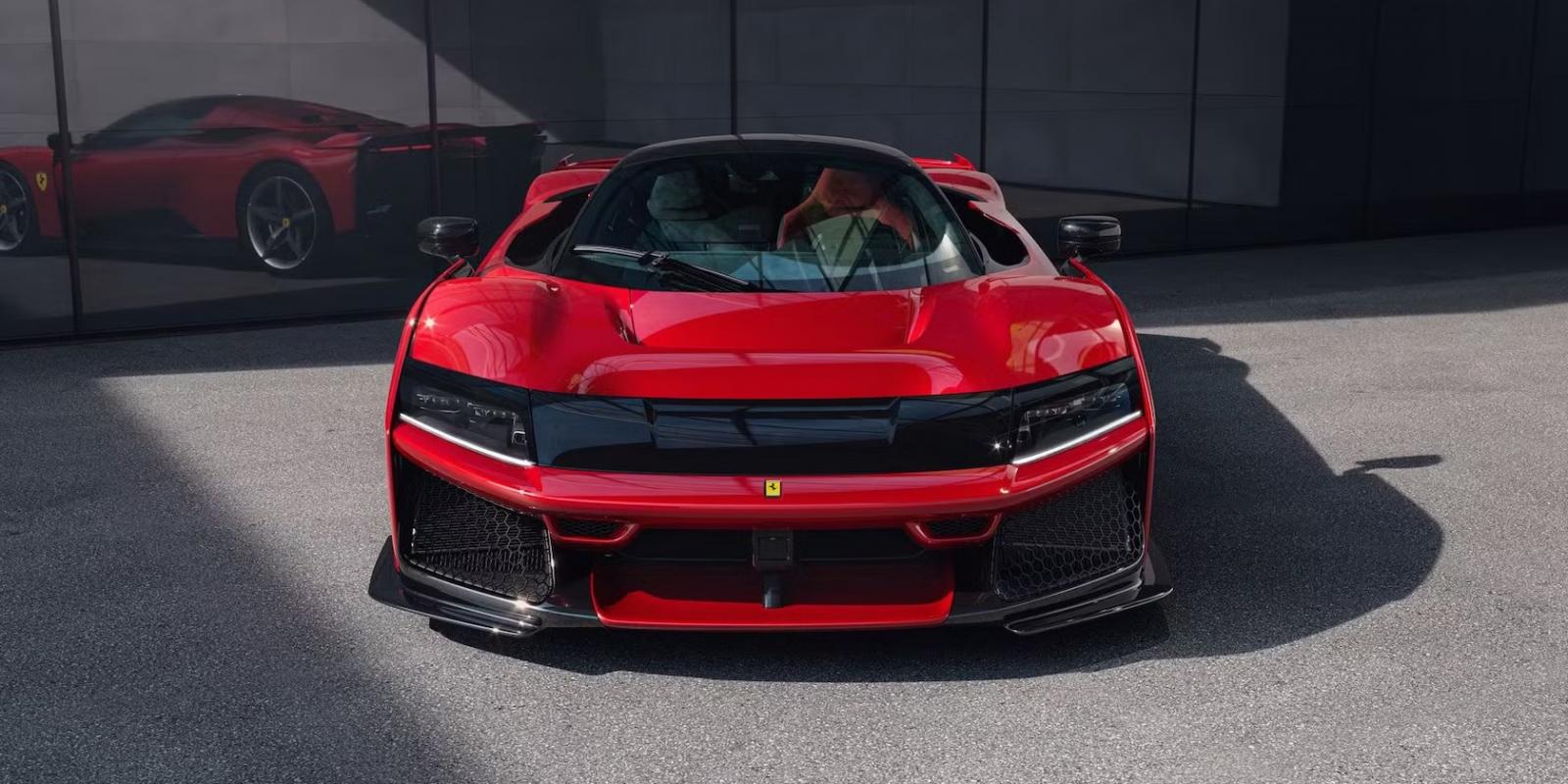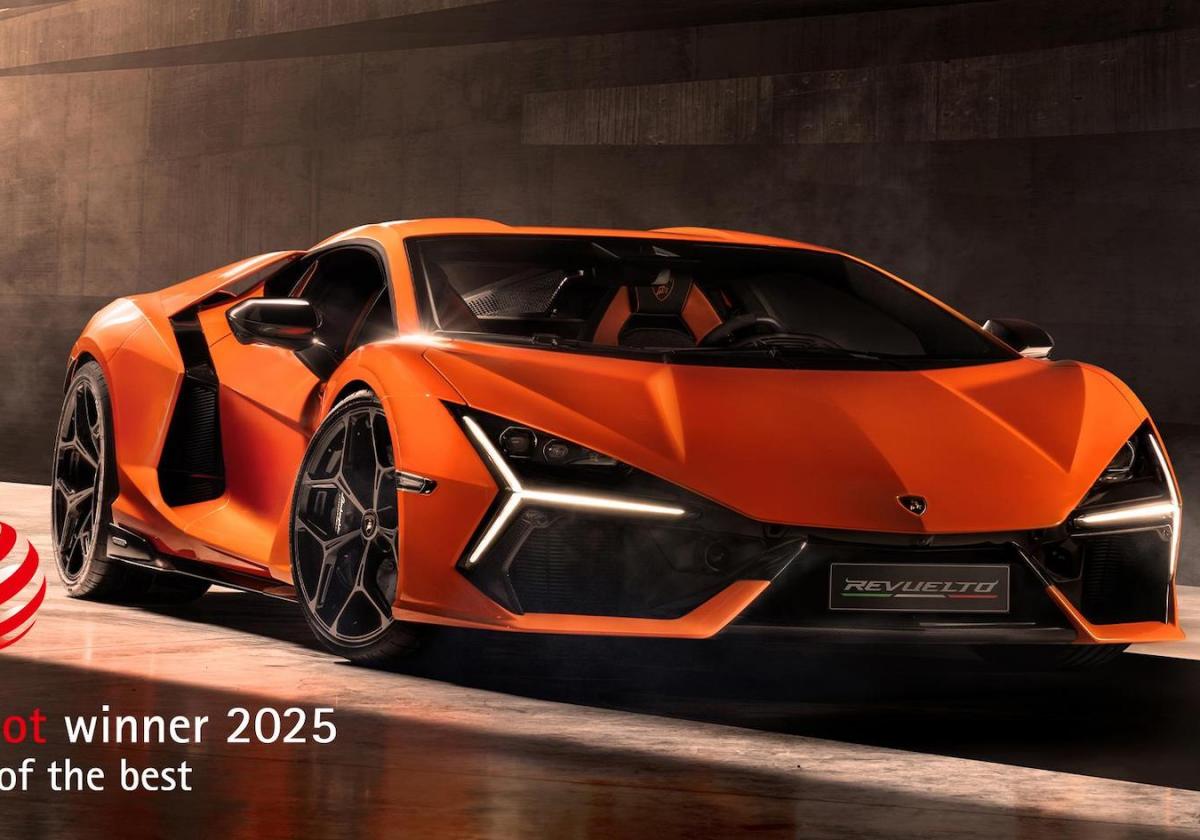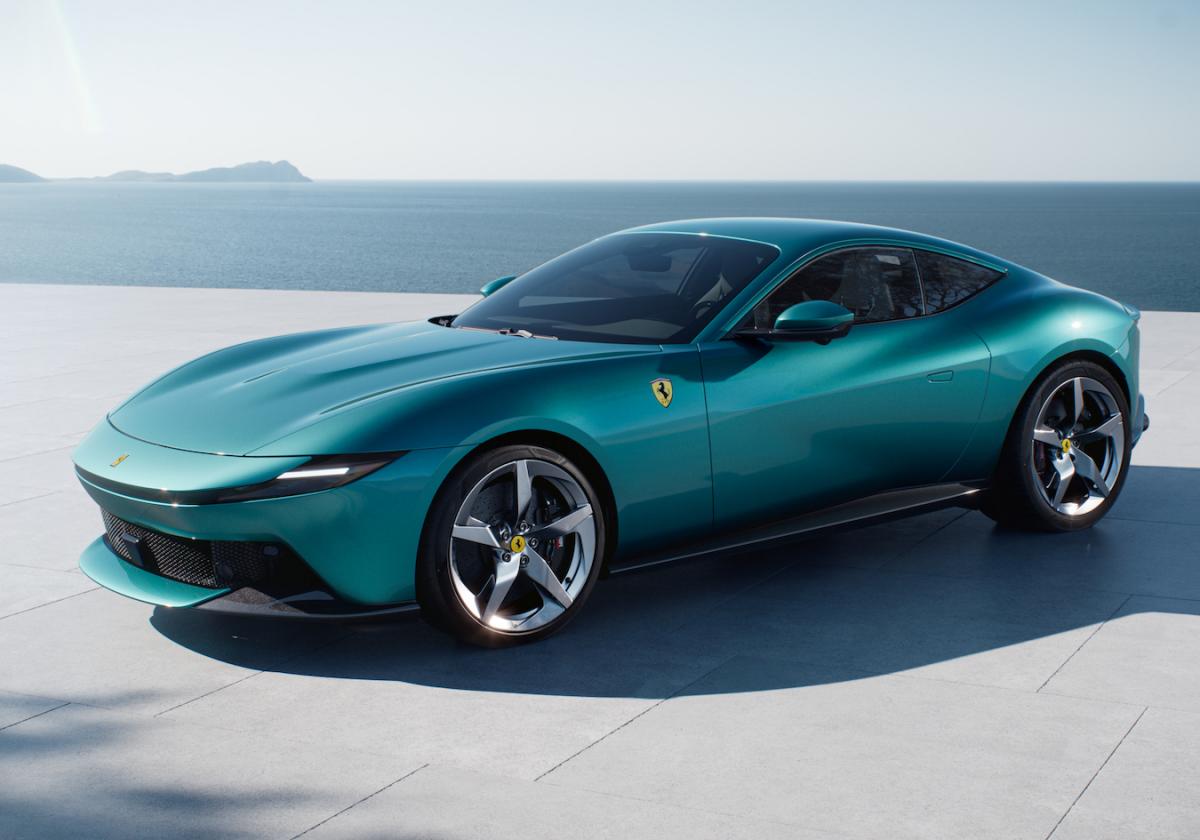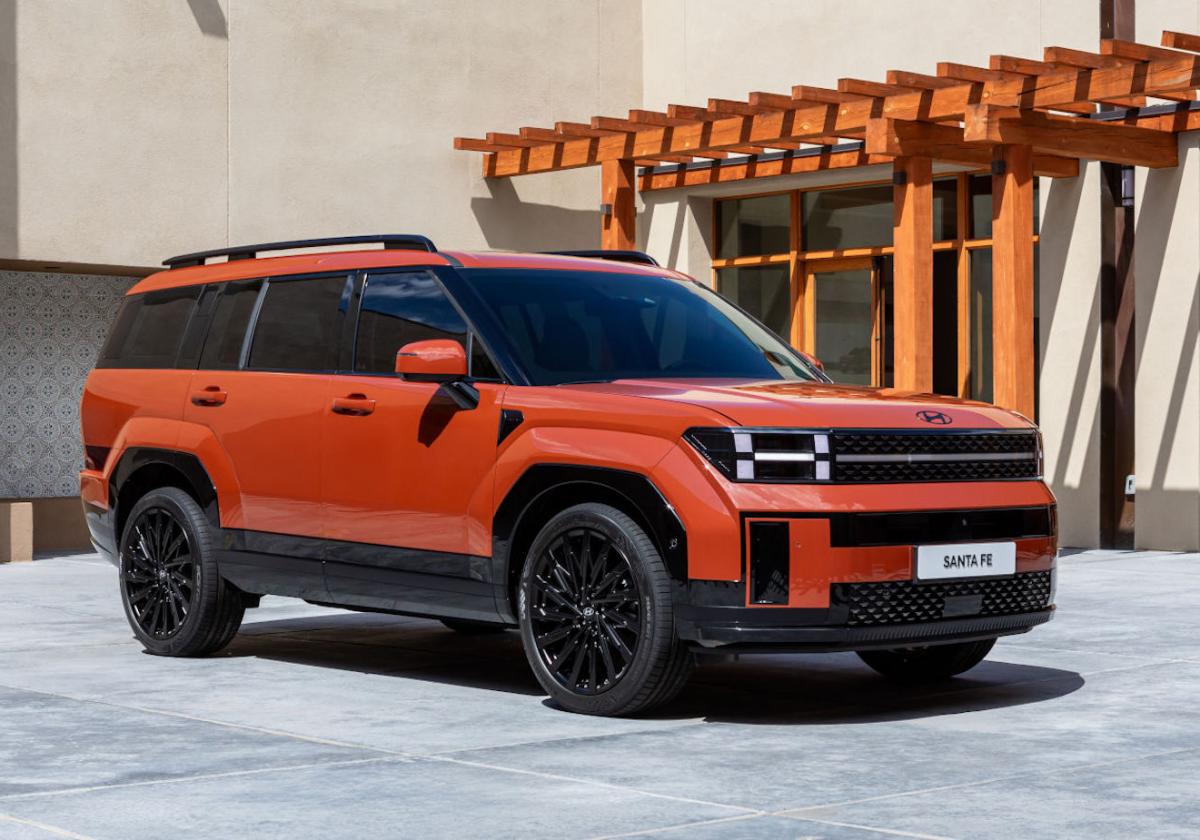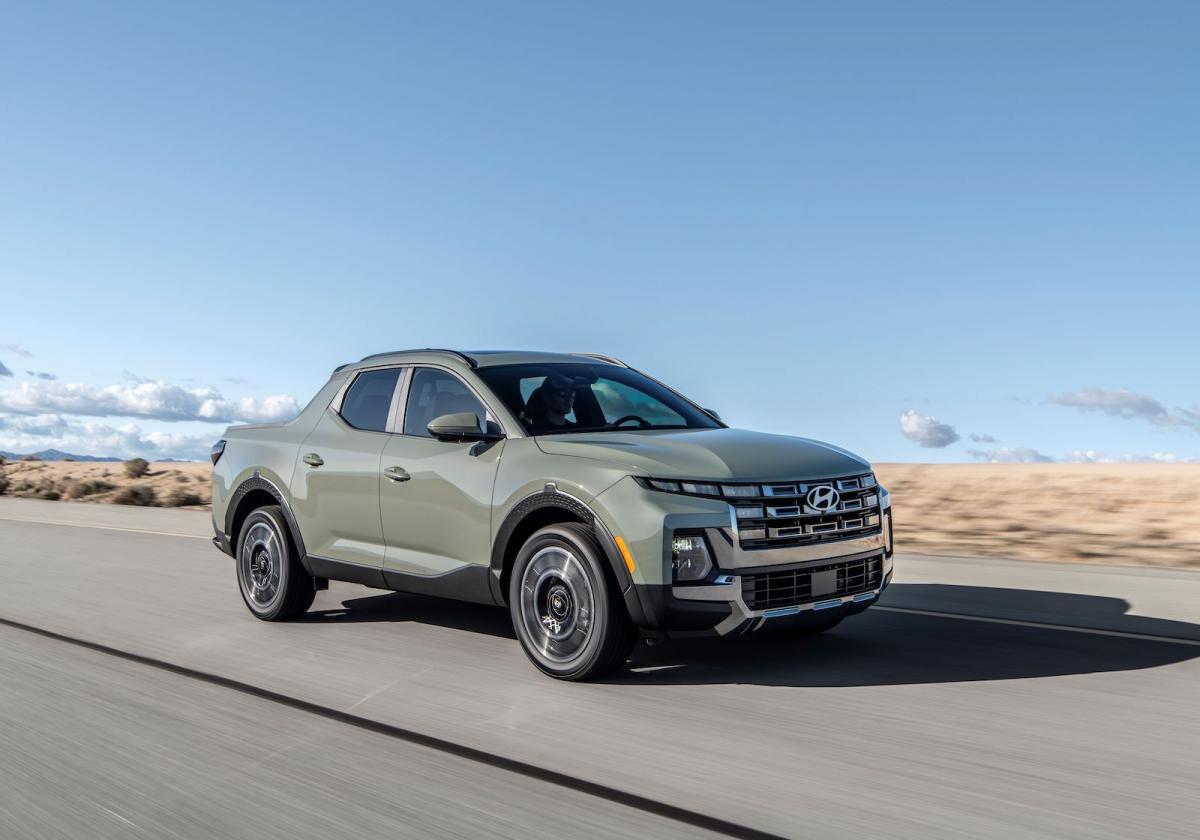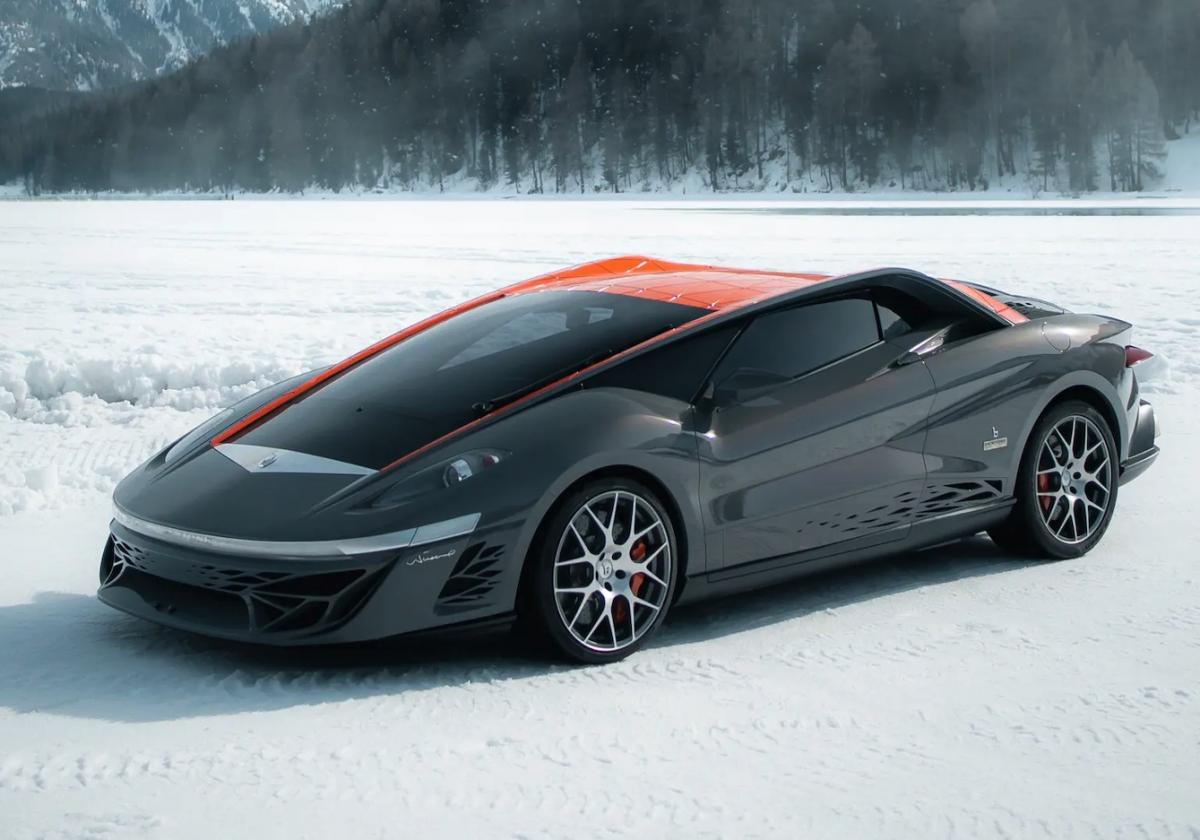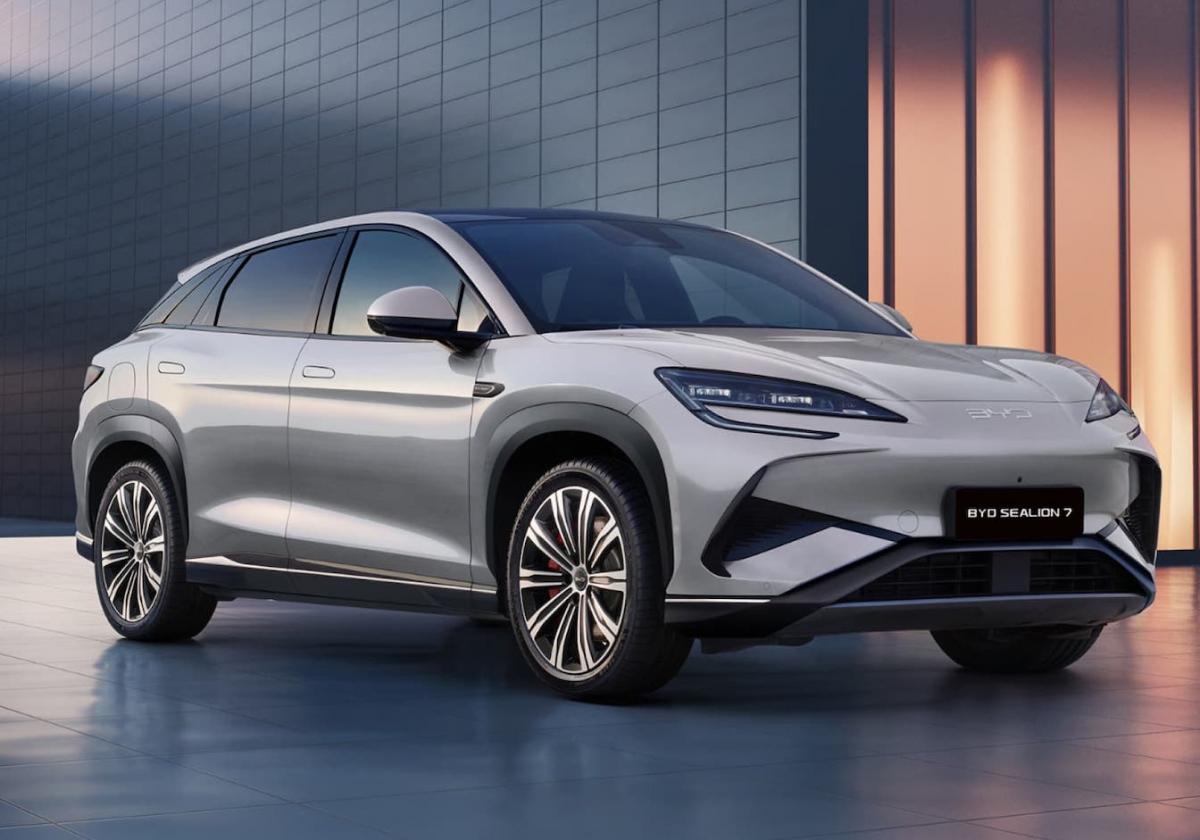As a precursor to celebrate the brand’s 80th anniversary, Ferrari has revealed its upcoming “once-in-a-decade” hypercar, a tech-de-force that serves as a window into the company’s future design and technology goals. Leading the brand into a complicated new world of competition-derived hybrid powertrains and next-generation aerodynamics, the Ferrari F80 will follow in the footsteps of a historic line of famous forebears that includes the F40, F50, Enzo, and LaFerrari.
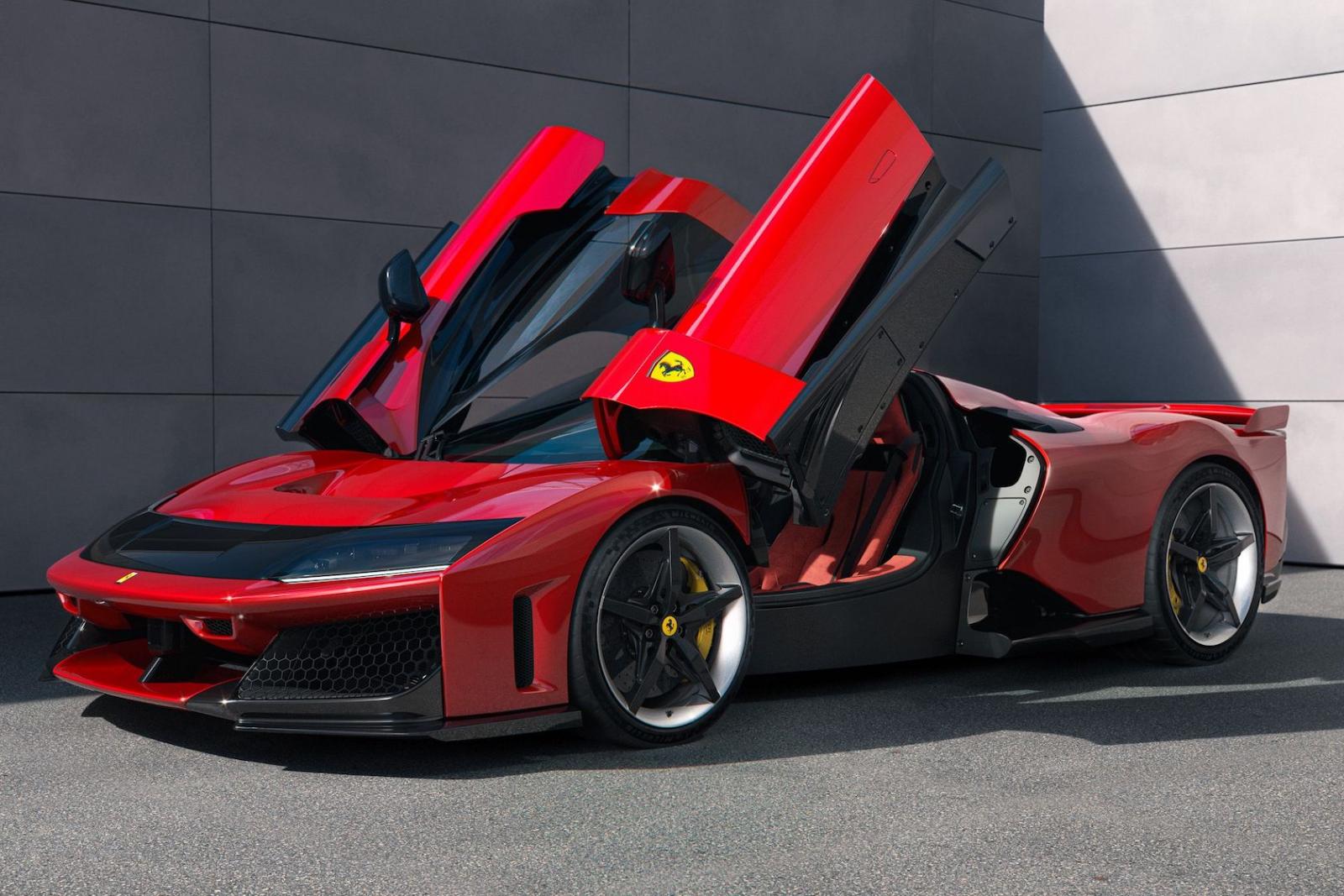
Is it pretty? We don’t think so. It’s brutal, yes. It’s kind of like a road-going scud missile. With a starting price of around £3.1 million, including local taxes, the Ferrari F80 will only be produced in 799 units, all of which have already been spoken for. Delivery is scheduled to start in the fourth quarter of 2025.
The brand-new hypercar is a technical demonstration for the upcoming generation of series production vehicles, not to be confused with Ferrari’s V12-powered Icona models or any of its custom one-off masterpieces. Its mid-engined hybrid powertrain and carbon fibre structure are therefore entirely unique and custom-built.
A 120-degree 3.0-liter V6 engine with the help of two turbos and at least five electric motors produces a maximum combined power output of 1,183 horsepower, according to Ferrari.
Of that total, 887bhp is derived from the V6 engine, which is inspired, if not entirely derived, from the powerplants found in Ferrari’s F1 and 499P endurance cars. With the intake and exhaust manifolds tuned to produce an emotive “baby V12” engine note, special attention has been made to the audio. It’s party trick? The F80 will redline at 9,200 rpm.
Fitted to the top of the engine are two electrically-assisted turbos, which fit small electric motors between the turbine and compressor wheel. Similar to the latest Porsche 911 GTS or Mercedes-AMG C 63 S E Performance, these speed up reaction time and enable Ferrari’s engineers to run extraordinarily high boost pressures. However, on the F80, two are installed on the same engine for the first time.
The last two 139 hp e-motors are mounted on the front axle, making the F80 four-wheel-drive, and directly drive a front wheels, allowing for active torque-vectoring. All of the e-motors are powered by a small, incredibly light 2.28 kWh battery pack that is located beneath the seats and is supplied with power from the engine and brake regeneration. Plugging the car in is not possible. Every electrical component is brand-new, internally created, and represents significant weight reduction and efficiency advantages.
CARLIST THOUGHTS
Apparently, the F80 is the fastest road-going Ferrari ever around the brand’s Fiorano track. Sorry folks, but this brand-new Ferrari is already sold out. We are running this story—not to tempt you to find the £3.1 million — but to show you what may be one of the last great Ferraris to use ICE as a power source — obviously partnering up with hybrid. So sit back and enjoy those curves and angles. This is a race car for the road.

